Arthur Koehl
email: avkoehl at ucdavis dot edu
I am a masters student in the hydrologic sciences program at UC Davis advised by Dr. Greg Pasternack. For my thesis I am developing a geomorphic classification system for river valleys in California.
Before studying hydrology, I worked as a data scientist at the UC Davis DataLab. At the DataLab I collaborated on interdisciplinary research projects, taught workshops on machine learning topics, and mentored interns. I did my undergraduate studies at UC Davis in history, economics, and computer science.

Selected Projects
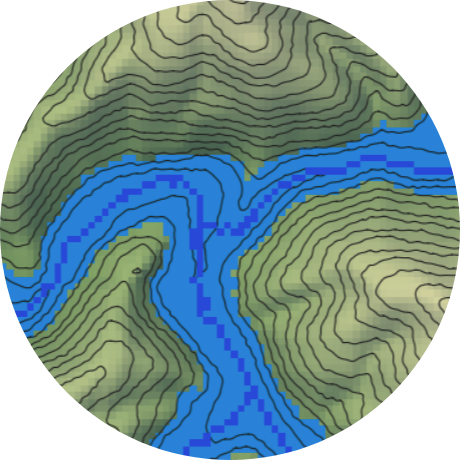
Automatic Valley Floor Extraction from Digital Elevation Models
Part of master's thesis
Ongoing
This tool is designed to extract valley floor boundaries from digital elevation models. It is built to work on a variety of terrains and is being developed with the goal of being used in a geomorphic classification system for river valleys in California. The tool is currently very experimental and not yet ready for general use.
github: avkoehl/valleys
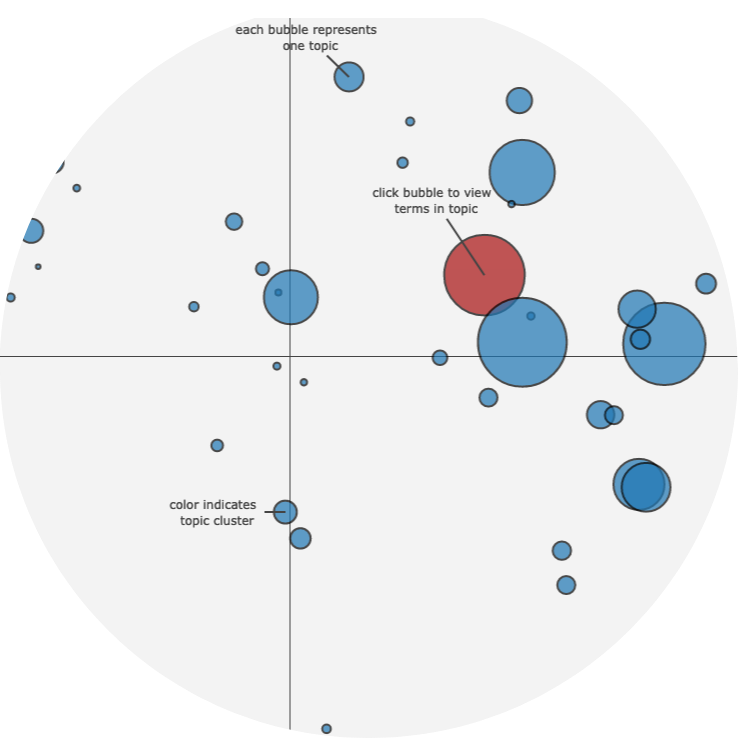
Project Quintessence: Examining Textual Dimensionality with a Dynamic Corpus Explorer
Joint with Samuel Pizelo, Carl Stahmer, and Chandni Nagda
2023
Seamlessly integrating state-of-the-art data analytics and Natural Language Processing tools with dynamic corpus exploration, Quintessence seeks to add dimension to the study of English texts from the Early Modern period. Based on the English texts in the EEBO-TCP archive and adorned with Northwestern University’s MorphAdorner, our corpus of approximately sixty thousand texts allows for in-depth computational analysis of Early Modern print at varying scales to scholars.
website: quintessence.ds.lib.ucdavis.edu
publication: DHQ Volume 17 Number 3
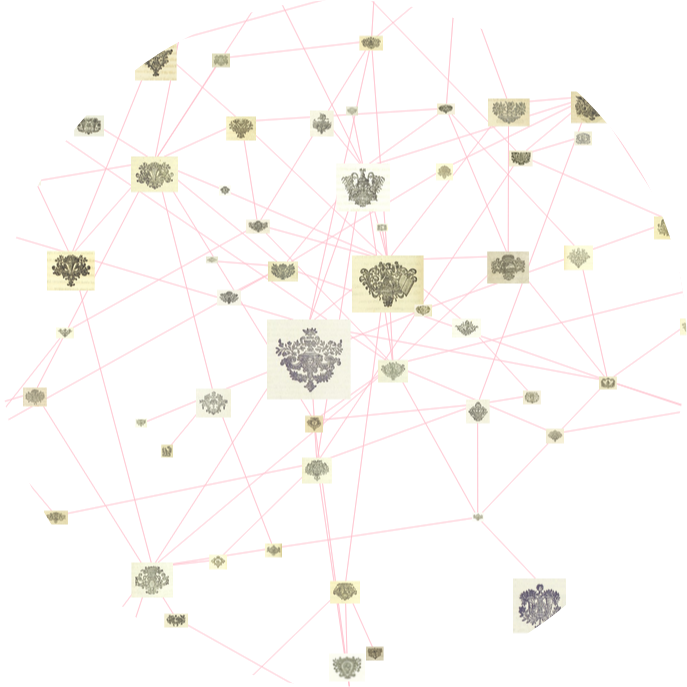
Software Platform for Museums and Libraries to Aid in Cataloging Historical Works
Joint with Carl Stahmer, Tyler Shoemaker, and Nick Ulle
Ongoing, my contribution: 2021-2023
With support from the Getty Foundation , DataLab is building software to assist experts in the cataloging process for early modern printed images. The goal is to leverage machine learning models to enable catalogers to quickly find similar images across various collections, retrieve matching cataloging records, and integrate them into their own database, enhancing metadata quality and accessibility globally.
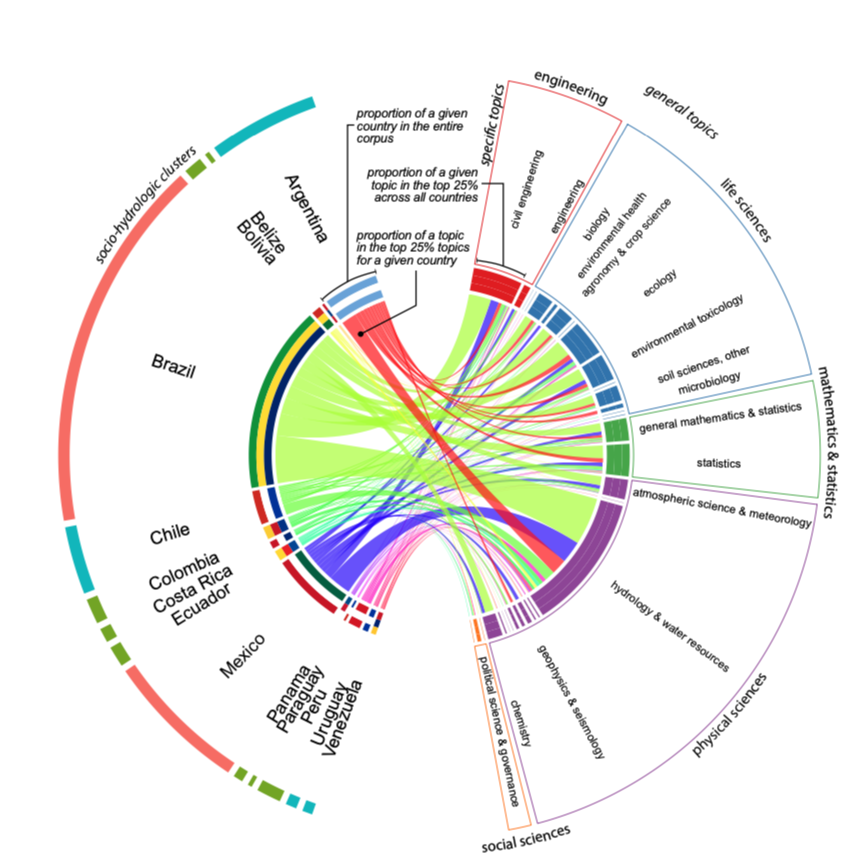
Bright and Blind Spots of Water Research in Latin America and the Caribbean
Joint with Alyssa J. DeVincentis, Hervé Guillon, Romina Díaz Gómez, Noelle K. Patterson, Francine van den Brandeler, J. Pablo Ortiz-Partida, Laura E. Garza-Díaz, Jennifer Gamez-Rodríguez, Erfan Goharian and Samuel Sandoval Solis
2021
Water resources management is threatened by climatic, economic, and political pressures, and these challenges are on particular display in Latin America and the Caribbean. To assess the region’s ability to manage water resources, we conducted an unprecedented literature review of over 20,000 multilingual research articles using machine learning and an understanding of the socio-hydrologic landscape.
github: hrvg/wateReview
website: watereview.ucdavis.edu
publication: HESS Volume 25 Issue 8
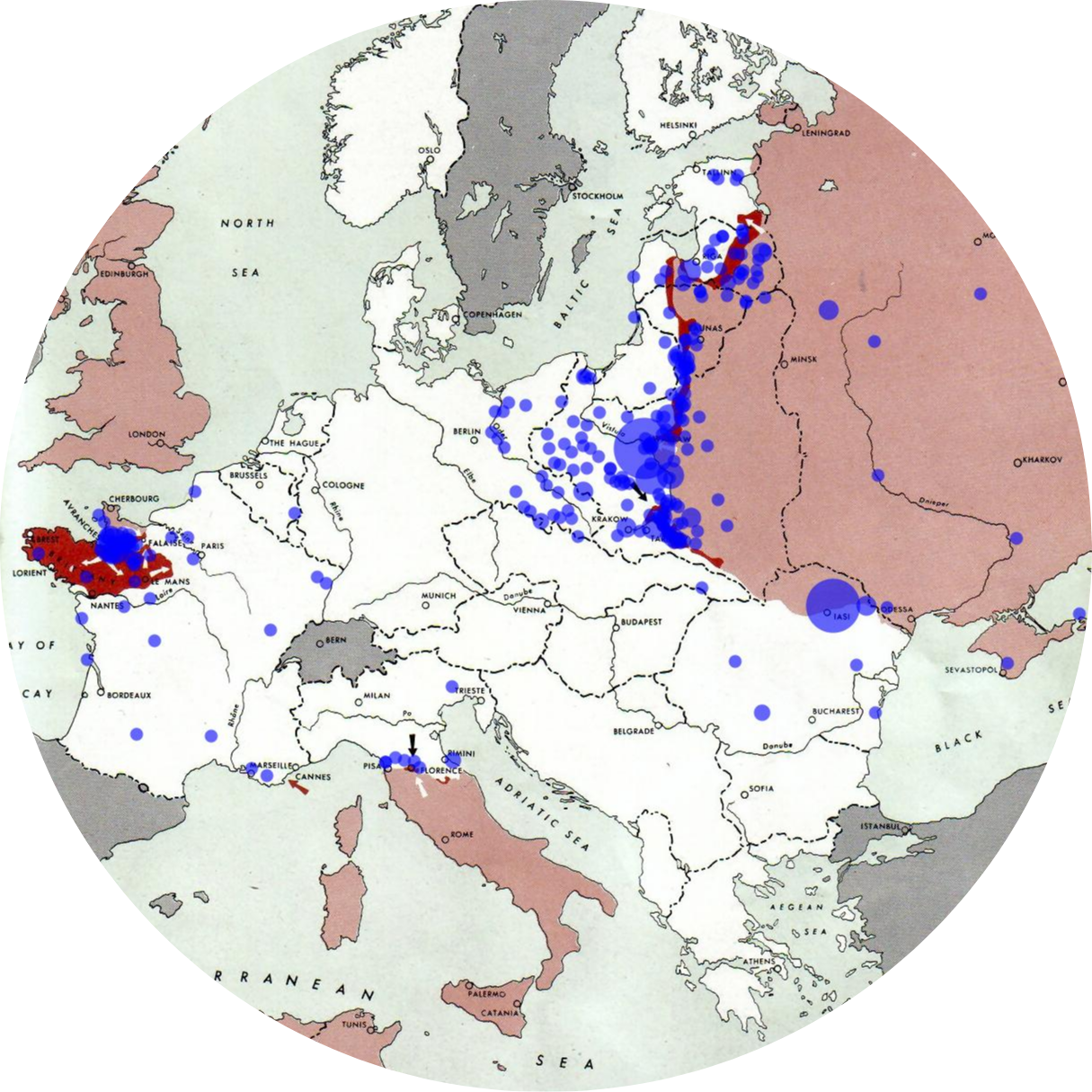
Malgre-Nous - A Digital Initiative to Represent Their Story
Honors thesis in history
2017
Between 1942 to 1945, approximately 130,000 young men from Moselle and Alsace were conscripted into the German Army. They are called the "Malgre-Nous" (despite-us in English) in reference to the fact that they were fighting against their will for a country that was not their own. Most representations of the Malgre-Nous focus on their experiences on the eastern front, relying on personal memoirs and interviews. This web project takes a different approach to presenting the story of the Malgre-Nous. It seeks to lay the foundations for a more complete view of their experience by using data, maps, and visualizations to generate a more comprehensive picture of their presence on the multiple fronts in Europe during the Second World War.
dataset: avkoehl/malgre-locations
website: malgrenous.net
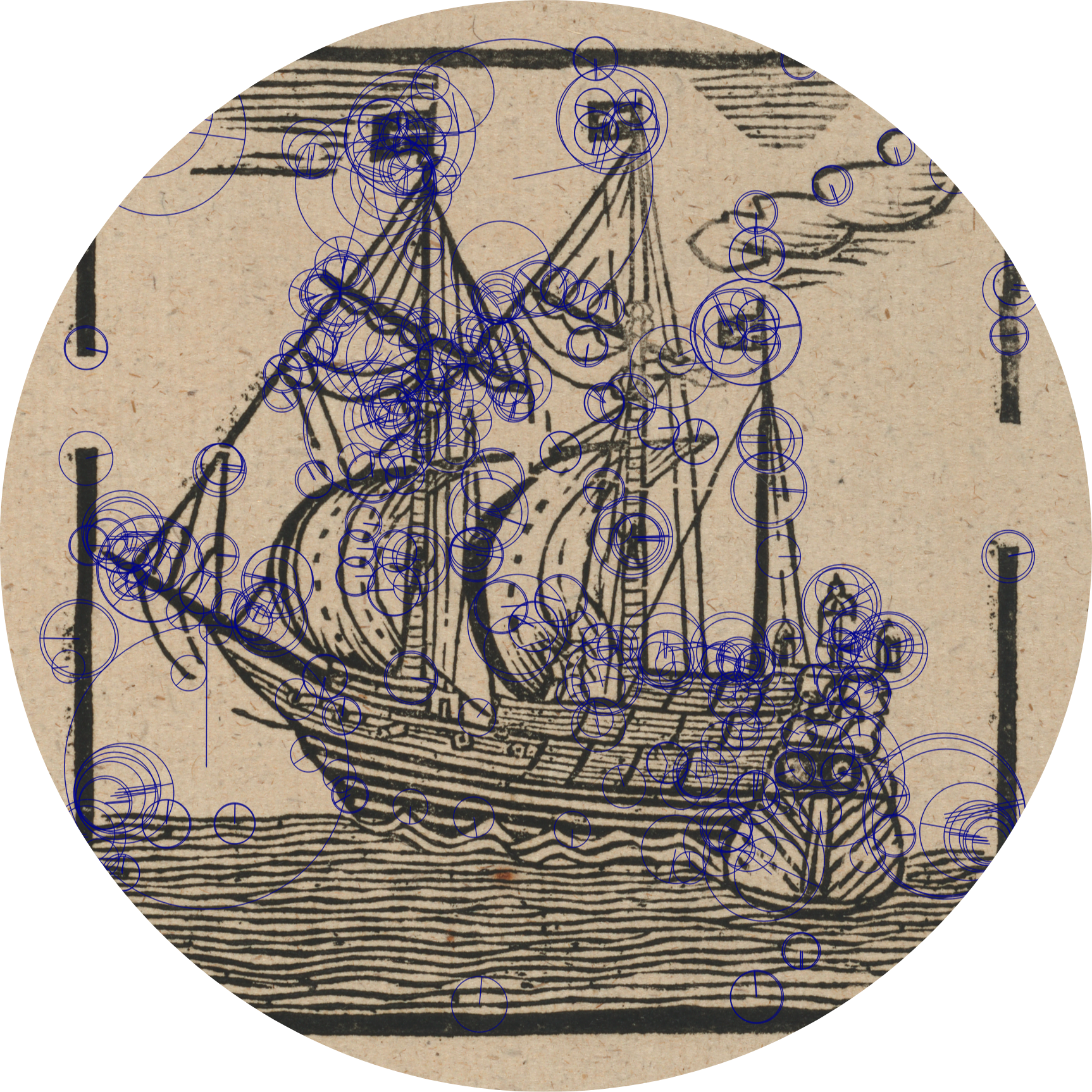
Archive-Vision - CBIR for Early Modern Image Sets
Joint with Carl Stahmer
2016
The digitization of historical image sets has vastly outpaced our ability to meaningfully search those sets. Archive-Vision (Arch-V) allows users to query a library of images using an existing image as a seed. Arch-V uses SURF feature detection and description to find scale and rotation invariant keypoints on images. The keypoints of the seed image are then compared with those of the images in the set. The matching keypoints are then filtered using their geometric descriptors and statistical methods. Using the robust matching keypoints, the best matching images to the seed image are found.
See in action on the English Broadside Ballad Association at UCSB!
github: avkoehl/archive-vision
website: ds.lib.ucdavis.edu/archv